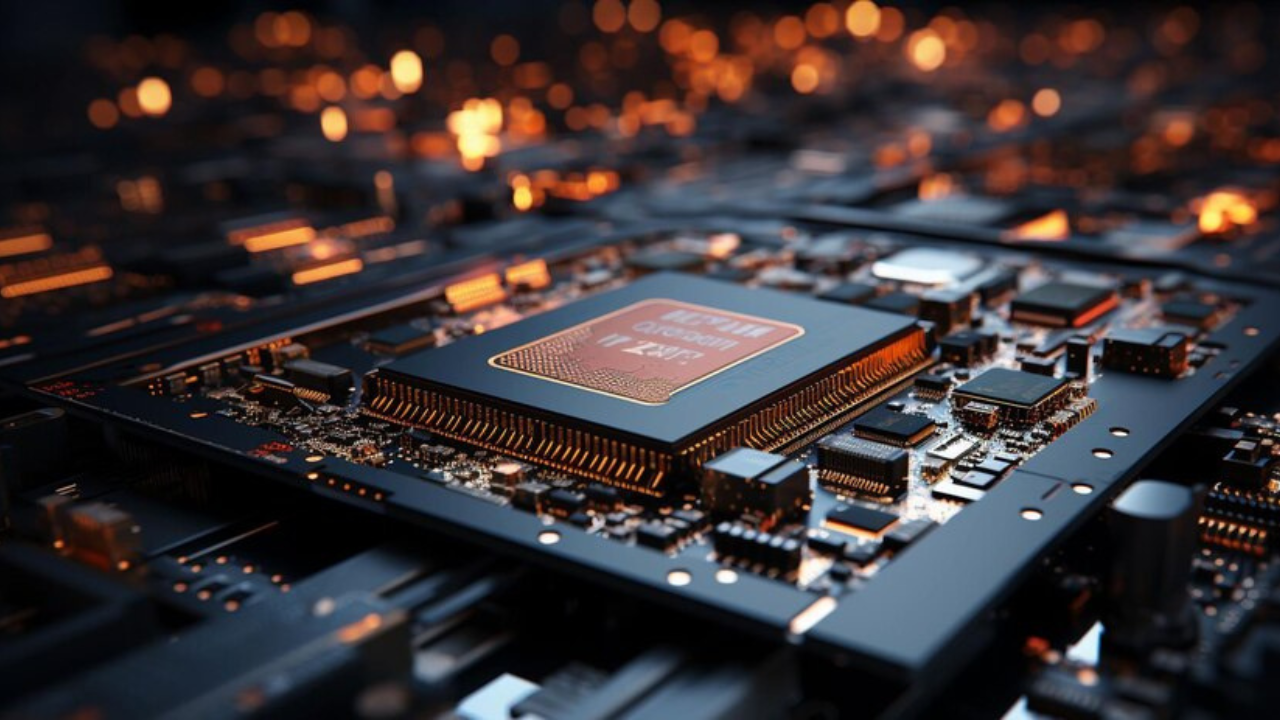When it comes to high-performance computing, Intel’s Core i7 processors are often at the top of the list. Among these stellar chips, the Core i7-4771 and Core i7-4770T stand out for their impressive specs and capabilities. But which one is right for you? Whether you’re a gamer, content creator, or someone who just wants a snappy PC experience, understanding how these two processors stack up against each other can make all the difference in your buying decision. Get ready to dive into a detailed comparison of price, specifications, and real-life usage scenarios as we explore core i7-4771 vs core i7-4770t!
What is the Difference Between Core i7-4771 and Core i7-4770T?
The Core i7-4771 vs Core i7-4770T are both part of Intel’s fourth generation of processors, known as Haswell. However, they cater to different needs.
The i7-4771 is designed for standard desktop performance. It features a base clock speed of 3.5 GHz and Turbo Boost capabilities that can push it up to 3.9 GHz when needed.
On the other hand, the i7-4770T is optimized for energy efficiency. With a lower base clock at 2.5 GHz and Turbo Boost reaching only up to 3.7 GHz, it consumes less power while still delivering decent performance.
Cooling solutions differ too; the T variant generates less heat due to its lower thermal design power (TDP), making it suitable for compact systems where space is limited.
Each processor has unique advantages based on their intended use cases—desktop versus energy-efficient builds.
Price Comparison
When looking at the price of the Core i7-4771 vs Core i7-4770T, you’ll notice some differences that might sway your decision.
The i7-4771 generally sits at a higher price point. Its performance capabilities often justify this cost for users who need robust power for demanding applications.
On the other hand, the i7-4770T is marketed as a more energy-efficient option. This focus on efficiency can make it an appealing choice if budget constraints are significant.
Prices also fluctuate based on availability and retailer offers. Checking multiple sources could lead to finding better deals or discounts.
In essence, while both processors have their merits, evaluating your specific needs alongside current pricing trends will help guide your choice effectively.
Technical Specifications
When comparing the Core i7-4771 vs Core i7-4770T, it’s essential to dive into their technical specifications. The Core i7-4771 operates at a base clock speed of 3.5 GHz, with turbo boost capabilities reaching up to 3.9 GHz.
On the other hand, the Core i7-4771 vs Core i7-4770T is designed for energy efficiency, featuring a lower base frequency of 2.5 GHz but still managing a respectable turbo boost of up to 3.9 GHz as well.
Both processors utilize Intel’s Hyper-Threading technology and support four cores alongside eight threads, making multitasking seamless.
Another critical point is TDP (Thermal Design Power). The i7-4771 has a TDP rating of 84 watts while the i7-4770T sits at just 35 watts, reflecting its focus on power conservation.
These specifications play a vital role in determining performance across different workloads and usage scenarios.
Real-Life Usage Scenarios and Performance Tests
When it comes to real-life usage, the Core i7-4771 vs Core i7-4770T shines in multi-threaded tasks. Whether it’s video editing or 3D rendering, its higher base clock speed gives it an edge. Users often report smoother experiences when handling demanding applications.
On the other hand, the Core i7-4771 vs Core i7-4770T is built for energy efficiency. It excels in day-to-day tasks like browsing and office work. If you’re running a home theater PC or need something quiet, this CPU might be your go-to option.
Performance tests show that both processors handle gaming well but with different strengths. The 4771 offers better frame rates in titles requiring heavy processing power, while the 4770T can still manage casual games effectively without overheating.
Your choice will depend on how you plan to use your system. Understanding these scenarios can help pinpoint which processor aligns best with your needs.
Which Processor is Best for You?
Choosing between the Core i7-4771 and the Core i7-4770T depends on your specific needs. If you prioritize high performance for demanding tasks, like gaming or video editing, the 4771 shines with its higher clock speeds.
On the other hand, if energy efficiency is at the top of your list, consider the 4770T. This processor is designed to consume less power while still delivering solid performance for everyday computing tasks.
Think about what you’ll be doing most often. For multitasking and heavy applications, go with the 4771. However, for light workloads and general use—like browsing or streaming—the 4770T suffices nicely.
Your budget also plays a role in this decision. Evaluate how much you’re willing to invest in either option based on their features and capabilities.
Conclusion
When weighing the options between the Core i7-4771 vs Core i7-4770T, consider your specific needs. The 4771 stands out with its higher base clock speed and is better suited for tasks that demand more power. It excels in gaming, video editing, and multitasking scenarios.
On the other hand, if energy efficiency is a priority for you—perhaps you’re building a compact or silent system—the 4770T could be the right fit. Its lower TDP allows it to run cooler while still providing decent performance for everyday tasks and light workloads.
Both processors have their unique strengths. Your choice should align with what you value most: raw power versus energy efficiency. Understanding these key differences will guide you toward making an informed decision on which processor fits seamlessly into your tech setup.











